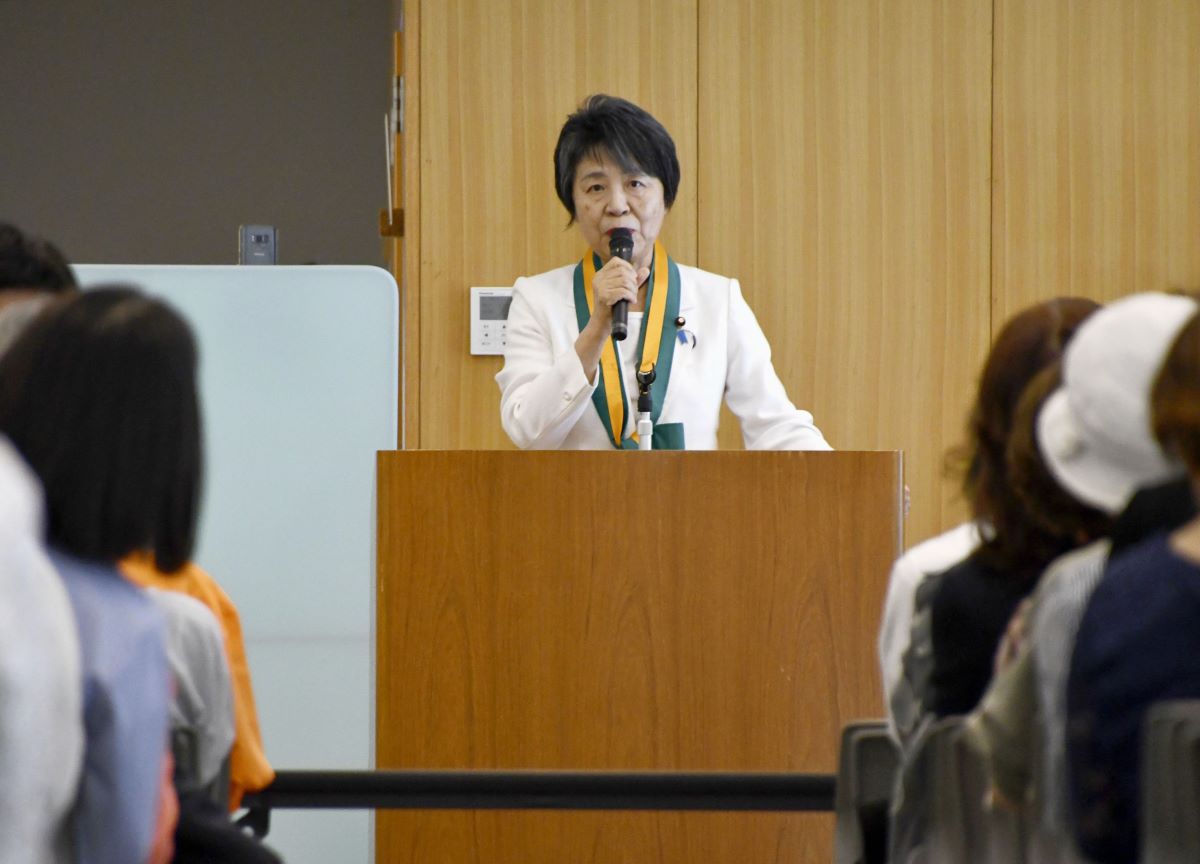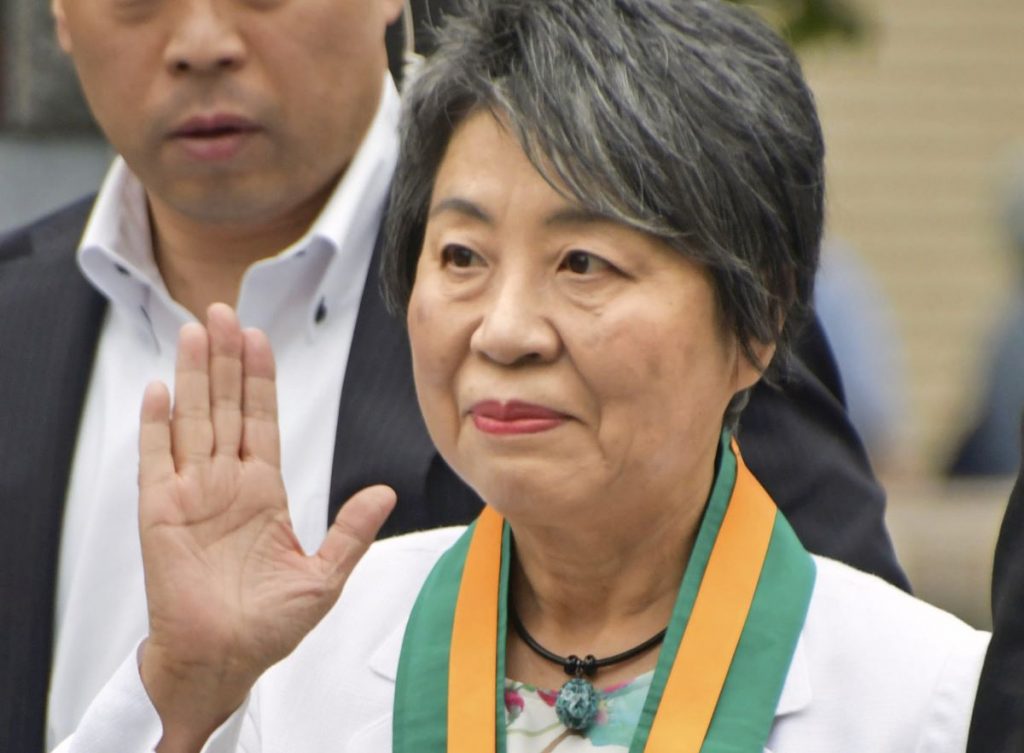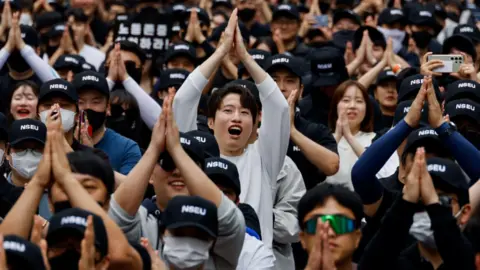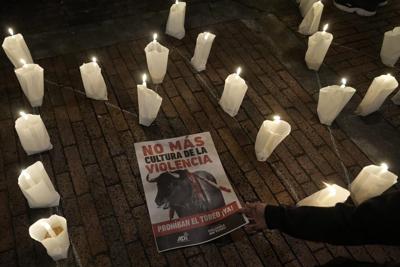Ho Chi Minh: The Early Years
MAY 29, 2024

Hồ Chí Minh, 1921, going by the pseudonym Nguyễn Ái Quốc, attending a Communist congress in Marseille, France.
In 1968, as war raged across Vietnam, the Vietnamese revolutionary popularly known as Ho Chi Minh wrote a New Year’s message to the worldwide movement against the US war on the Vietnamese. After somewhat poetically listing the ongoing war crimes of the US military, the letter ended with these words: “We enjoy the support of brothers and friends in the five continents. We shall win and so will you. Thank you for your support for the Vietnamese people.”
I wouldn’t read these words until the fall of that year; my antiwar consciousness was just taking shape. I was thirteen. I recall that, when I did read them that first time, it was like a light bulb going off. I could no longer consider any Vietnamese as an enemy. To do so would require demonizing them—something I could no longer do after reading this simple and honest letter. The leader of the people I was told wanted to destroy my way of life sounded more human than the leaders of the system reporting kill counts and pushing for a greater war.
Ho Chi Minh died a few months later. US warplanes were carpet bombing Vietnam and Richard Nixon was discussing the use of nuclear weapons with his henchman Henry Kissinger. The struggle continued. Ultimately, the Vietnamese won and so did we.
Joseph Andras, the French author whose novel about Algeria and its war of national liberation titled Tomorrow They Won’t Murder Us Anymore I reviewed a year or so ago, has written a similarly brief novel about the man who became known as Ho Chi Minh. It was a time when revolution was definitely in the air and the potential for liberation from colonialism was on many people’s minds. Titled Faraway the Southern Sky, the novel tells a version of the young revolutionary’s time among the lumpen of Paris, seeking education and contacts, working low-paying jobs and living a life comparable to a monk’s. Using the alias Nguyen Ai Quoc moves from Paris to the Soviet Union as the representative of the Vietnamese independence struggle. His name and activities are known—by police spies and national governments. By his people and international revolutionaries.
This novella is structured as a walk along Parisian streets. The protagonist’s various residences serve as points of interest on this tourist trek; so do landmarks of f the Paris commune and other revolutionary manifestations. If anything, the narrative is of the past and the present. Vonnegut might say it is unstuck in time. Fancy vintage shops and a murder of a Maoist worker killed by a private cop on Renault security team. History makes the streets matter even while the current residents carry on their shiny shallow modern lives of easy credit and easier debt. It’s a time when colonies were common; a time when the colonizers thought their colonies would exist forever, giving their labor, resources and their lives for the enrichment of the mother countries and the colonized began to fight back. As those who were colonized began to throw off their colonizers, socialists and communists still debated the role of the left in these basic struggles for national freedom struggling to rid themselves of European command. In July 1920, Lenin endorsed the anti-colonial struggle. The man who would be known as Ho Chi Minh sent in his application to join the third international. The rest, as they say is history.
Andras’ fictionalization of Ho Chi Minh’s time in Paris reminds us that nobody is born a fully-formed revolutionary. The narrator’s thoughts and observations on the young Ho Chi Minh (who was using a different name at the time) blend together with the protests of the gilets jaunes taking place in the city at the time, random details about Paris street life and visits to addresses known for their place in France’s revolutionary history. Likewise, the presence of the authorities lurks throughout the text; authorities keeping a close eye on the young revolutionary in the past and the gilets jaunes in the present.
This brief novel is a lyrical reflection on a young man who would challenge two empires and, in doing so, change the world. It’s well worth the read.


 Foreign Minister Kamikawa shakes hands with voters in Shizuoka City on May 11. (©Kyodo)
Foreign Minister Kamikawa shakes hands with voters in Shizuoka City on May 11. (©Kyodo)


 Many wildlife experts tell bear hunters to consider all bear meat infected.
Many wildlife experts tell bear hunters to consider all bear meat infected. 





